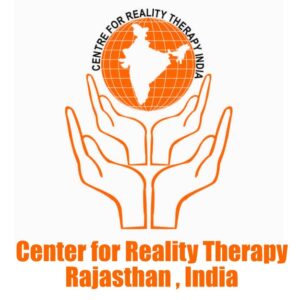
It is a universally shared human experience to struggle with moments of uncertainty and self-doubt, particularly when it comes to navigating the myriad of life choices, career paths, and personal achievements. This constant sense of uncertainty has given rise to something we may know as “Imposter Syndrome.” Originally it was used to describe the fear of being exposed as a ‘fraud’ in the face of increasing responsibilities and expectations, but with the popularization of pop-psychology, the definition of Imposter Syndrome has lost it’s true meaning.
In its true essence, Imposter Syndrome is a combination of fear of being inadequate; leading to intense distress and the constant dread of being caught as unworthy or incompetent. It throws on it’s best performance in environments where ‘perfectionism’ is the law and self-criticism runs rampant. However, over the years with the increased use of social media and lack of proper awareness, this term has blurred the lines between genuine psychological distress and normal fluctuations in self-confidence.
Self-doubt does exist in this cycle but it often manifests in varying intensities. It can take people from highs and lows creating a fluctuation in confidence and their abilities. This distinction highlights the importance of understanding and acknowledging that occasional feelings of doubt do not necessarily lead to a full-blown impostor complex.
Nevertheless, the repercussions of Imposter Syndrome, whether perceived or genuine, roots itself deeply within the psyche, creating a massive impact on one’s self-esteem and self-concept. Casual use of this term can reduce the significance and the complexity of the term. It creates a culture of self-doubt and feelings of inadequacy.
It is important to recognize that while Imposter Syndrome may not qualify as a clinical mental illness, its influence on psychological well-being should not be underestimated. The relentless cycle of self-critique and comparison can create a heavy toll on one’s mental health, leading to increased stress, anxiety, and even depression.
Fortunately, in today’s interconnected world, support and resources are readily accessible with a single click. Online platforms for counseling and therapy also offer multiple options for seeking guidance, increasing self-awareness, and cultivating resilience in the face of self-doubt and feelings of inadequacy. With the help of support systems like friends and family, professional counseling, and little self-love individuals can begin to explore and remedy layers of their insecurities and establish a more compassionate relationship with themselves.
Ultimately, we all deserve the warmth of self-appreciation, confidence and self-worth. To be free from the shackles of self-doubt and comparison. By tweaking our perceptions of what success means to us and embracing the imperfections of the human experience, we can walk towards self-discovery and self-acceptance, grounded in authenticity and resilience.



